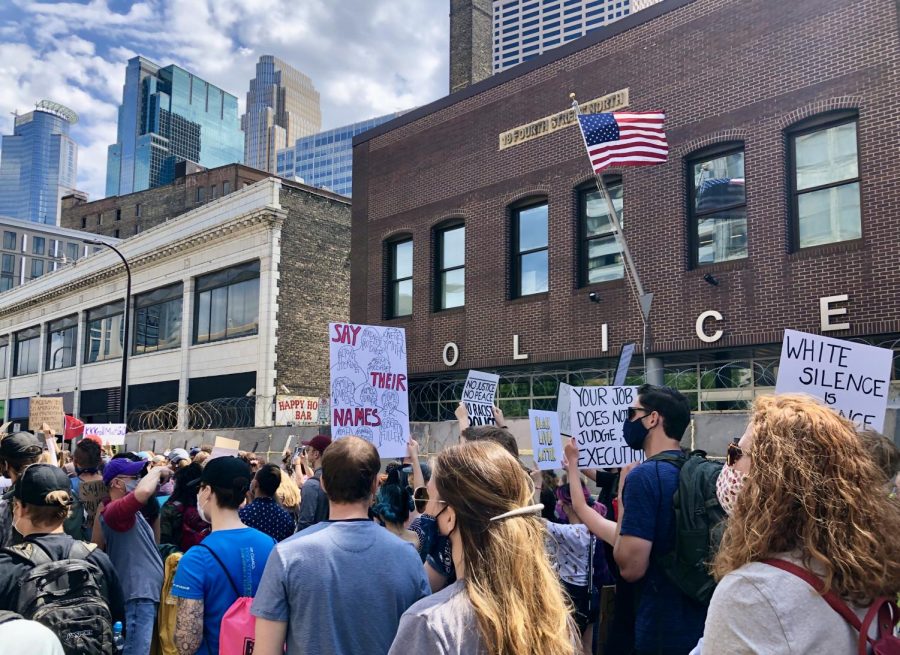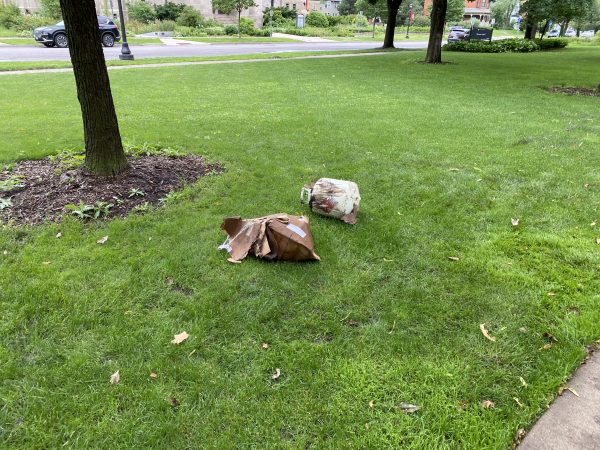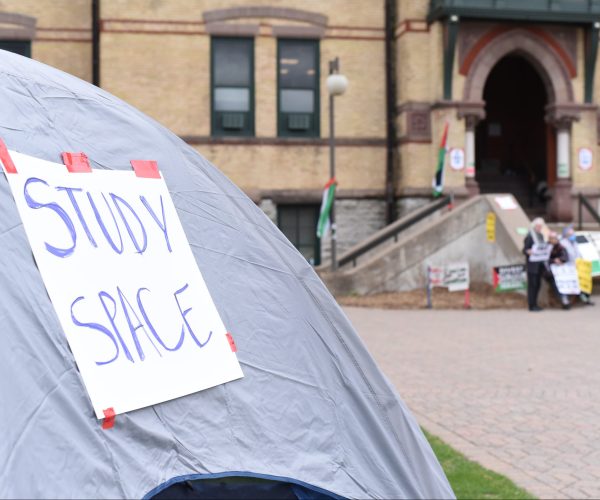MPS ends MPD relationship
Minneapolis Public School Board has voted to terminate their contract with the MPLS Police Department after recent events.
In the weeks after the death of George Floyd, the Twin Cities community has confronted the Minneapolis police through policies and protest, as seen in a march against police terror on June 13.
June 15, 2020
After a nearly 50 year contract with the Minneapolis Police Department (MPD), the Minneapolis Public School (MPS) board voted unanimously to end their relationship with the MPD.
This decision came on June 2, 2020, eight days after the death of Minneapolis man George Floyd while in police custody which sparked outrage and protests worldwide calling for immediate action and change. This decision came the same day as the Minnesota Department of Human Rights declared it would investigate the MPD.
In order to address this decision, a special business meeting was held electronically to obey the state of emergency and social-distancing expectations brought by COVID-19. The entire meeting can be listened to here.
The resolution was written by Clerk Josh Pauly with support from Chair Kim Ellison and Director Siad Ali. Pauly tweeted on May 29 a number of tweets explaining and offering support of the changes. He stated in one tweet, “MPS cannot align itself with MPD and claim to fight institutional racism. We cannot partner with organizations that do not see the humanity in our students. We cannot be neutral in situations of injustice.”
The resolution ended current and future contracts with the MPD for services such as School Resource Officers. The resolution also states that by August 18, 2020 Superintendent Ed Graff must provide recommendations to the MPS Board of Directors as to how students will be served and kept safe in the future.
Student Representative Nathaniel Genene included anonymous student voices to share during the board meeting. One student stated, “Terminating contracts with the MPD is a vital step in addressing the issues of systemic racism in the school system. It does not, however, change the state of racial inequality represented in the classroom. It is necessary to begin this conversation as a community so that effective change can be made.”
While the exact steps that should be taken at this time and in the future were not unitedly settled upon, there was complete agreement to terminate the $1.15 million per year contract with the MPD. Amendments created by Treasurer Kimberly Caprini and KerryJo Felder regarding possible steps to be taken to provide resources to meet students’ requests and needs such as mental health workers and other specialists in high-needs schools were not passed.
Former MPS student, Anab Muqtar who is a Hamline sophomore, and her peers committed work to this movement before they graduated and is pleased to finally see it happen with enough community support.
Muqtar states, “There never should have been armed police officers in our schools…There’s something about having an armed stranger patrol your hallways that really messes up your school vibes. It makes the place feel more like a prison than a school to be completely honest.”
Since the MPS decision, a number of Minneapolis organizations and institutions have discontinued their contracts with the MPD. As of June 11th, some of these include First Avenue, Minneapolis Institute of Art, Walker Art Center, Hennepin Theatre Trust, Minneapolis Parks and Recreation, Minnesota Orchestra, University of Minnesota and other restaurants and businesses as well.
CORRECTION: An earlier version of this story incorrectly stated the Minnesota Human Rights Act declared an investigation. This is incorrect. The Minnesota Human Rights Act is the state law the Department of Human Rights enforces. The law cannot declare that it would investigate an entity.






